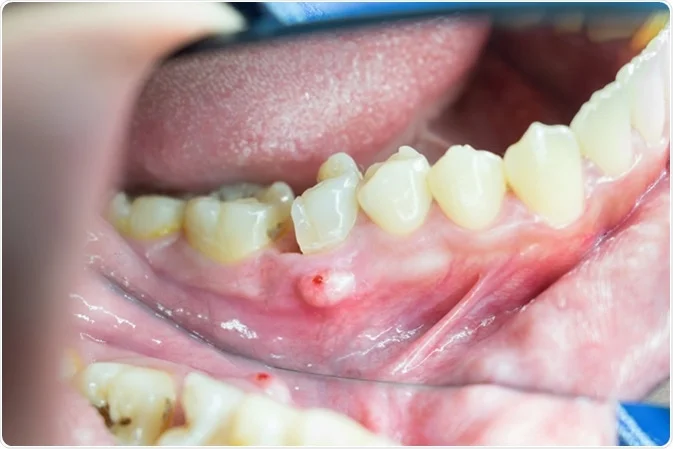Pneumonia, Lung infection, Influenza virus, Fungal infection, Breathlessness.
Root Cause of Disease
Many germs can cause pneumonia. The most common are bacteria and viruses in the air we breathe. Your body usually prevents these germs from infecting your lungs. But sometimes these germs can overpower your immune system, even if your health is generally good. Viruses that infect your lungs and airways can cause pneumonia. The flu (influenza virus) and the common cold (rhinovirus) are the most common causes of viral pneumonia in adults. Respiratory syncytial virus (RSV) is the most common cause of viral pneumonia in young children.
Symptoms
The signs and symptoms of pneumonia vary from mild to severe, depending on factors such as the type of germ causing the infection, and your age and overall health. Mild signs and symptoms often are similar to those of a cold or flu, but they last longer.
Signs and symptoms of pneumonia may include:
- Chest pain when you breathe or cough
- Confusion or changes in mental awareness (in adults age 65 and older).
- Cough, which may produce phlegm
- Fatigue
- Fever, sweating and shaking chills
- Lower than normal body temperature (in adults older than age 65 and people with weak immune systems).
- Nausea, vomiting or diarrhea
- Shortness of breath
- Sharp or stabbing chest pain that gets worse when you breathe deeply or cough.
- Loss of appetite, low energy, and fatigue
Newborns and infants may not show any sign of the infection. Or they may vomit, have a fever and cough, appear restless or tired and without energy, or have difficulty breathing and eating.
Causes
There are many causes of pneumonia, including viruses, bacteria, and fungi. Pneumonia can also be caused by inhaling irritants such as chemicals or smoke. In some cases, pneumonia may be caused by a more serious underlying condition, such as cancer or HIV. In general, your immunity system might be strong enough to ward off these airborne pathogens, but they can sometimes make it through to your body.
- Viral pneumonia: It is primarily caused by a virus. This type is usually less severe and can often be treated at home with rest and fluids. However, some people may need to be hospitalized for severe symptoms.
- Bacterial pneumonia: As is evident by the name, bacterial pneumonia is caused by bacteria. Bacterial pneumonia can be more severe than viral pneumonia and may require antibiotics to clear the infection. People with this type of pneumonia may also need to be hospitalized for treatment in extreme circumstances.
- Fungal pneumonia: Fungal pneumonia is not as common as the other two. This type is caused by fungi and can often be treated with antifungal medications. People with fungal pneumonia may also need to be hospitalized for treatment.
Home remedies to treat Pneumonia
Remedy – 1: Fenugreek tea
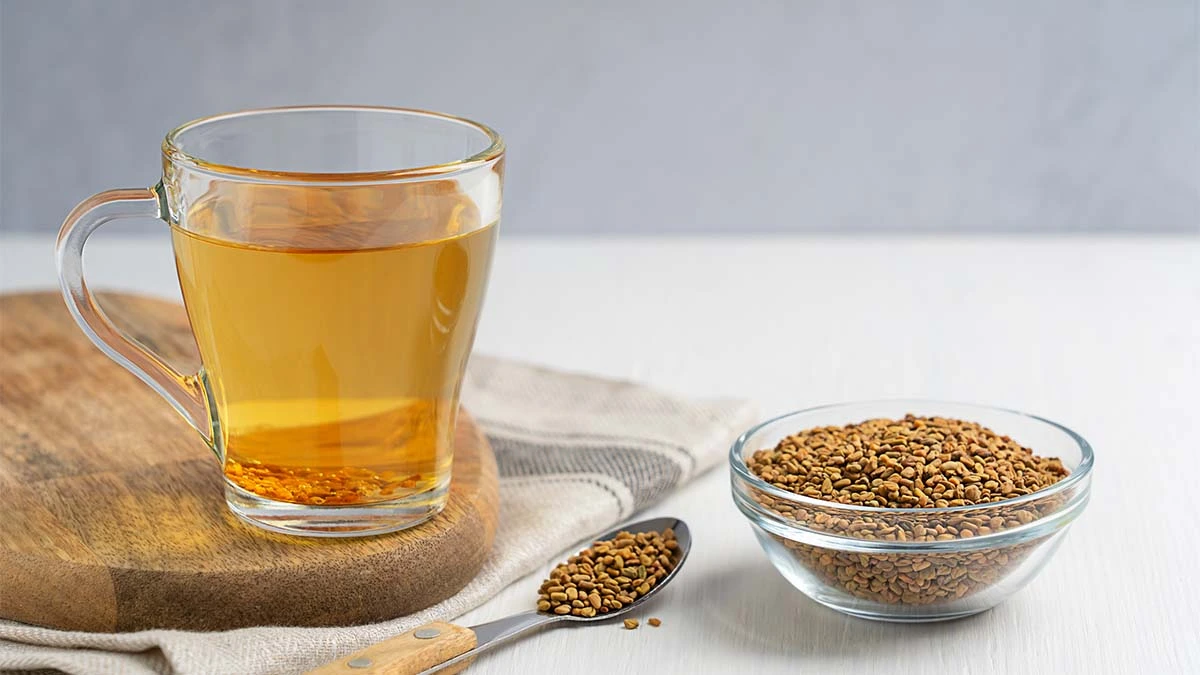
Fenugreek may help break up mucus and ease the pain and inflammation caused by pneumonia. Fenugreek seeds might help break down mucus. A tea made from ground fenugreek seeds may therefore ease a persistent cough.
Procedure:
- Crush the methi seeds into powdered form.
- Mix it well with boiling water.
- Add herbs and honey if you want.
- Take a sip like tea
Product link: Fenugreek
Remedy – 2: Breathing exercises

Breathing exercises can give your lungs a boost as you get over pneumonia. Take five to 10 deep breaths, then cough forcefully two or three times. That should push some mucus out of your lungs. Or just take slow, deep breaths. Another exercise to try: Blow through a straw into a cup of water.
- Pursed Lip Breathing
This exercise reduces the number of breaths you take and keeps your airways open longer. More air is able to flow in and out of your lungs so you can be more physically active. To practice it, simply breathe in through your nose and breathe out at least twice as long through your mouth, with pursed lips.
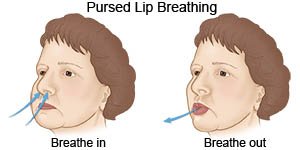
- Splinted Coughing
Squeezing a pillow against your abdomen when you cough can help make your cough stronger and less painful. This is called splinted coughing. You can use splinted coughing anytime you need to cough, including when you’re doing these exercises.
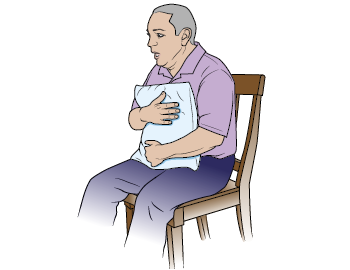
Remedy- 3: Sesame seeds
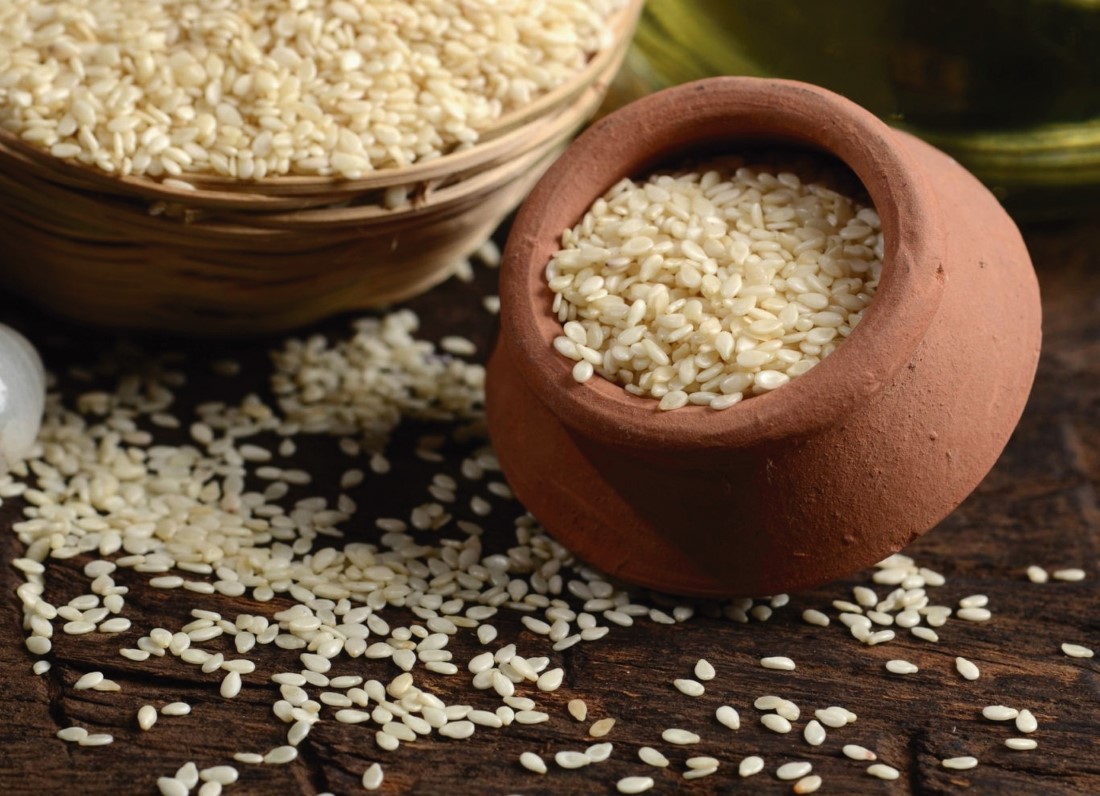
Sesame seeds have the ability to expel phlegm, as they act as natural expectorant. The powerful anti-carcinogenic effects of magnesium and phytate in sesame seeds have proven to be effective in preventing colorectal cancer. Sesame seeds have shown positive effects in reducing the risk of breast, lung, pancreatic, and prostate cancers
Procedure:
- Boil one tablespoon of sesame seeds .
- Add one tablespoon of flaxseeds and you should continue with boiling. After boiling strain this mixture.
- You should add a pinch of salt and one teaspoon of honey. You should drink this natural remedy once per day.
Product link: Sesame seeds
Other Remedies
Vegetable juice
There are many different vegetable juices which can help you to rid of this disease and also they are good for your overall health such as cucumber juice, beet root juice, spinach juice, and fresh carrot juice. They will aid in detoxification, dissolve mucus and they will boost your immune system. Also, you can drink parsnip juice because it is rich with phosphorous which can help you to have a healthy bronchial system and it can keep the health of your lungs.
Preventions
Some preventive measures for pneumonia include:
- Get the flu vaccine each year: People can develop bacterial pneumonia after a case of the flu. You can reduce this risk by getting the yearly flu shot.
- Get the pneumococcal vaccine: This helps prevent pneumonia caused by pneumococcal bacteria.
- Practice good hygiene: Wash your hands frequently with soap and water or an alcohol-based hand sanitizer.
- Don’t smoke: Smoking damages your lungs and makes it harder for your body to defend itself from germs and disease. If you smoke, talk to your family doctor about quitting as soon as possible.
- Practice a healthy lifestyle: Eat a balanced diet full of fruits and vegetables. Exercise regularly. Get plenty of sleep. These things help your immune system stay strong.
- Avoid sick people: Being around people who are sick increases your risk of catching what they have.


